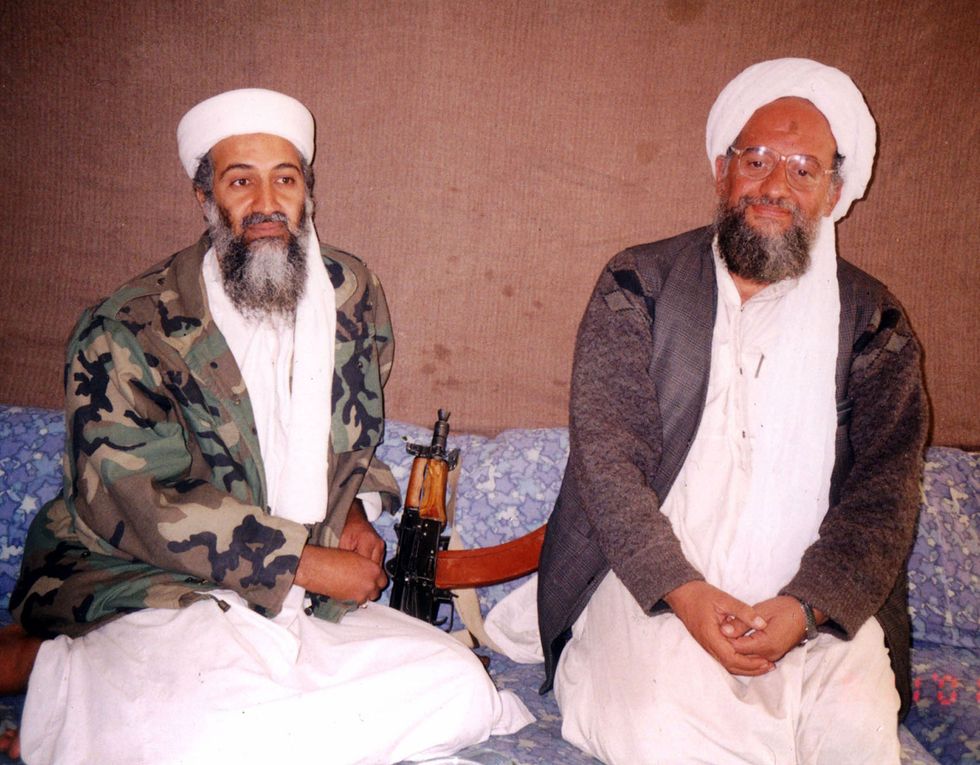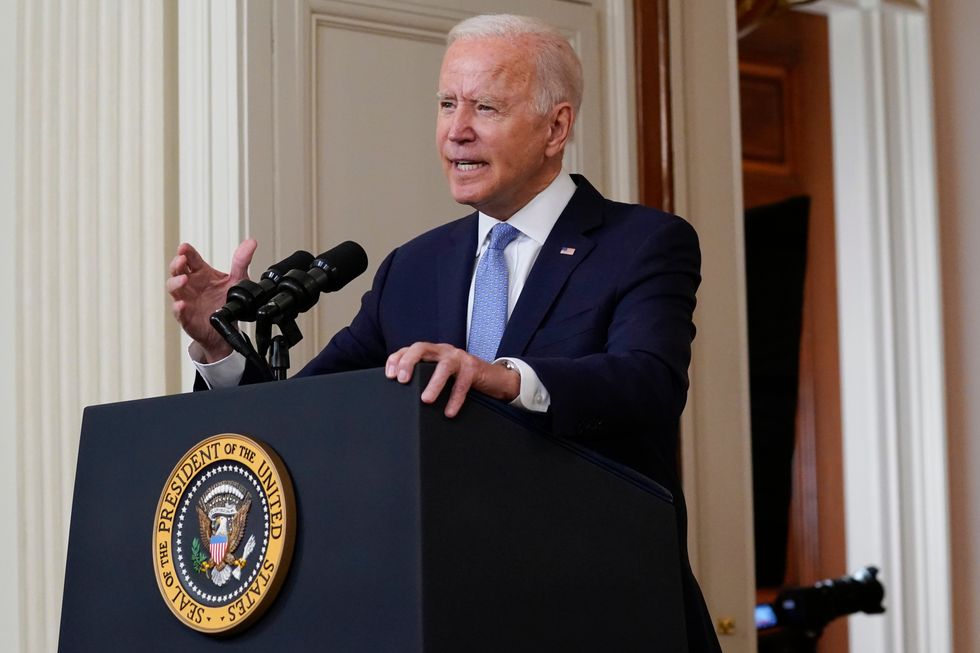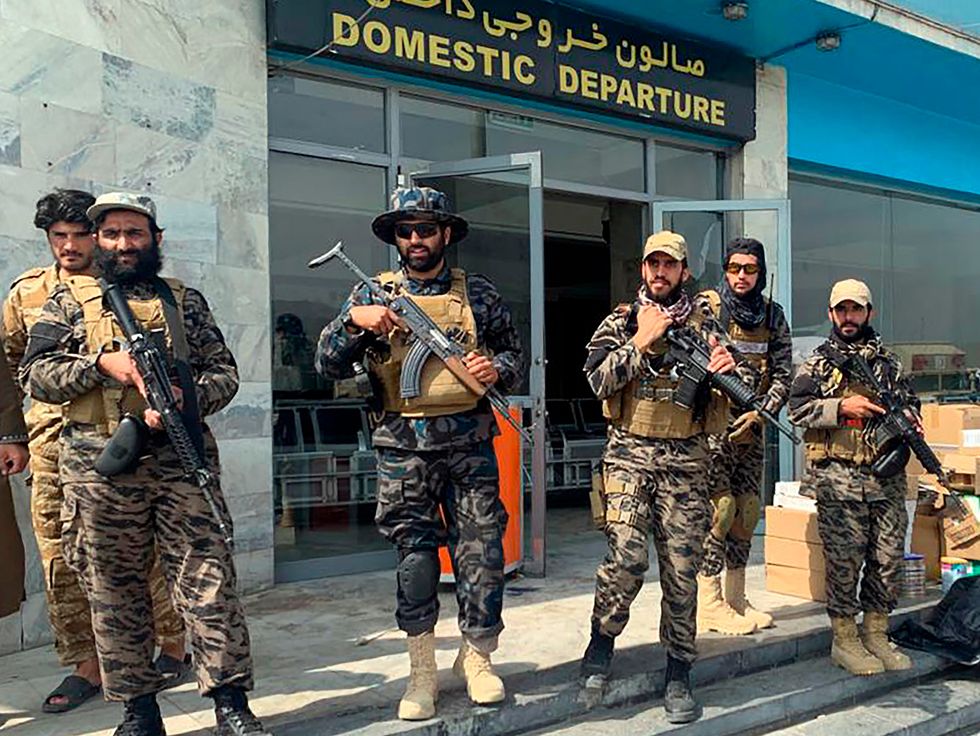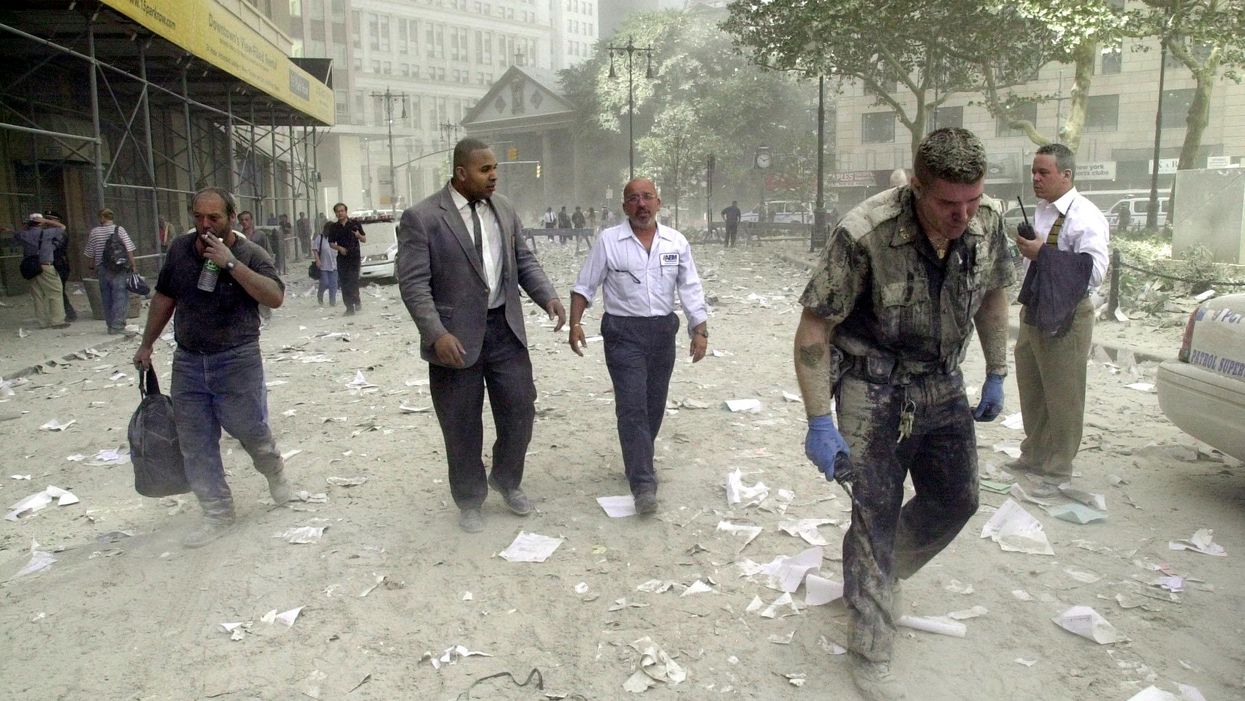20 years ago, on 11 September 2001, al-Qaeda terrorists seized four American planes and deliberately crashed them as part of a terrorist attack. Two headed for both of the Twin Towers of the World Trade Center in New York, destroying them and killing thousands of workers in the building.
A third crashed into the west wall of the Pentagon in Arlington, Virginia, near Washington, DC. All 64 people on the plane were killed, along with 125 people in the building.
Civilians in a fourth reportedly scuffled with terrorists to regain control of the aircraft before it crashed into a field in Pennsylvania, killing all 44 passengers on board.
In total, the 11 September attacks killed 2,977 people, not counting the hijackers.
The day set the path and tone for the next 20 years in geopolitics and sealed the fates of thousands of troops and civilians involved in the wars that followed. Indeed, the public outrage that followed the attacks was noted by then President George W. Bush as one of the justifications for war in the country.
20 years later, the Taliban has taken over the country after the US withdrew the last of its troops. Here is how we reached this state of affairs.
Afghanistan war

In 2001, troops from the US, Britain and other countries invaded Afghanistan and removed the ruling Taliban, who were allies of al-Qaeda and housed the group prior to and following the attacks.
On the day of the attacks, then US president Bush addressed the country and said:
“Today, our fellow citizens, our way of life, our very freedom came under attack in a series of deliberate and deadly terrorist acts.
“Our military is powerful, and it’s prepared.
“The search is underway for those who were behind these evil acts. We will make no distinction between the terrorists who committed these acts and those who harbour them.”
Bush demanded the Taliban handed over Osama bin Laden, the leader of al-Qaeda but they refused due to an allegiance exacerbating the conflict.
Al-Qaeda was bound to the Taliban by a pledge of allegiance – “bay’ah” – which was first offered in the 1990s by Osama bin Laden to his Taliban counterpart Mullah Omar.
Thus began the War on Terror, which became the longest war in US history.
De-escalating the conflict

After 10 years of conflict, Osama bin Laden was killed in neighbouring Pakistan in 2011 leading Nato, then US president Barack Obama and then prime minister David Cameron to develop an exit strategy for removing their troops.
Nato formally ended its combat mission in December 2014, but kept a 13,000-strong force there to help train Afghan forces and support counter-terrorism operations.
Then, in 2020, America and the Taliban signed a peace agreement. It promised that American and Nato forces would leave the country and the Taliban promised to prevent al-Qaeda from operating in areas of Afghanistan under their control.
In April 2021, US president Joe Biden announced that the remaining 2,500 US troops would be withdrawn from Afghanistan by the 20th anniversary of the September 11 attacks.
“I’ve concluded that it’s time to end America’s longest war; it’s time for American troops to come home,” Biden said.
At the time, he faced questions about whether the Afghan government were equipped to rule without US support.
What is happening in the country now?

Following Biden removing troops, the Taliban seized the country in August, causing refugees to flee to airports to escape the country, fearing the repressive regime it could implement, given its record last time it was in power prior to 2001.
At a press conference held at the airport, Taliban spokesperson Zabihullah Mujahid said the US had been defeated and celebrated Afghanistan’s “independence”, saying the country was now a “free and sovereign nation”.
The Taliban has said it has changed and has moved to allow women into its inner circle, but reports on the ground suggest that this is lip-service, and that the group could limit women’s freedom to work, to dress as they choose, and leave home.
There are also concerns that the regime will renew its relationship with al-Qaeda and become a breeding ground for terrorism once more.
How the next 20 years will shape developments in the country, time will tell.














